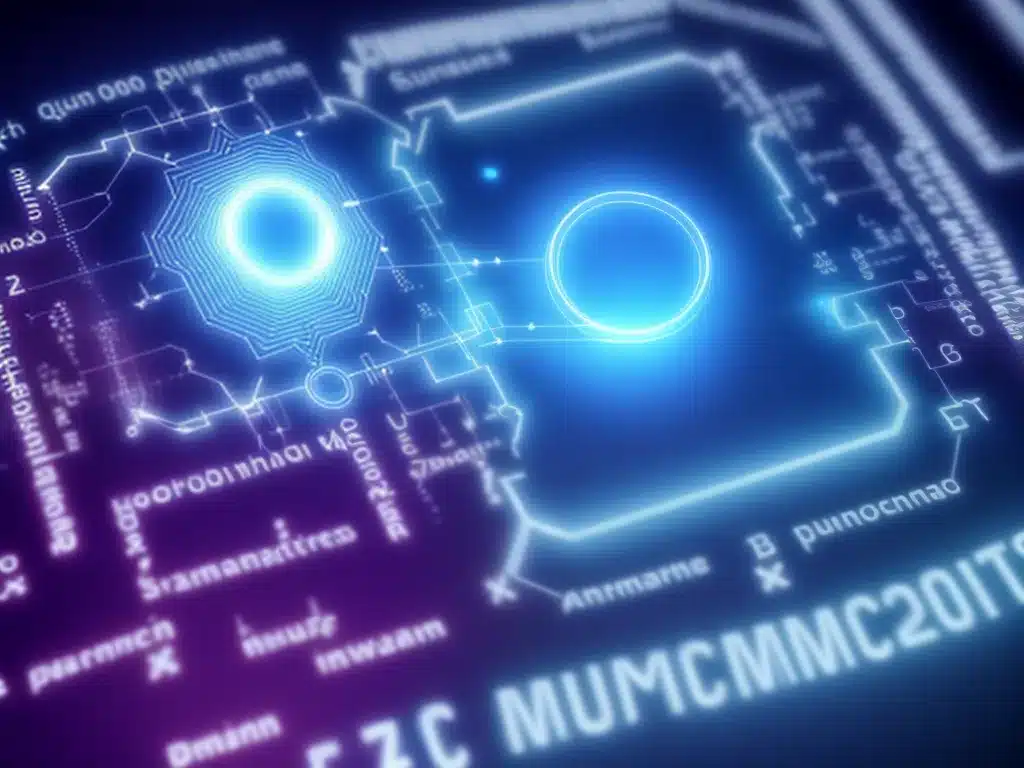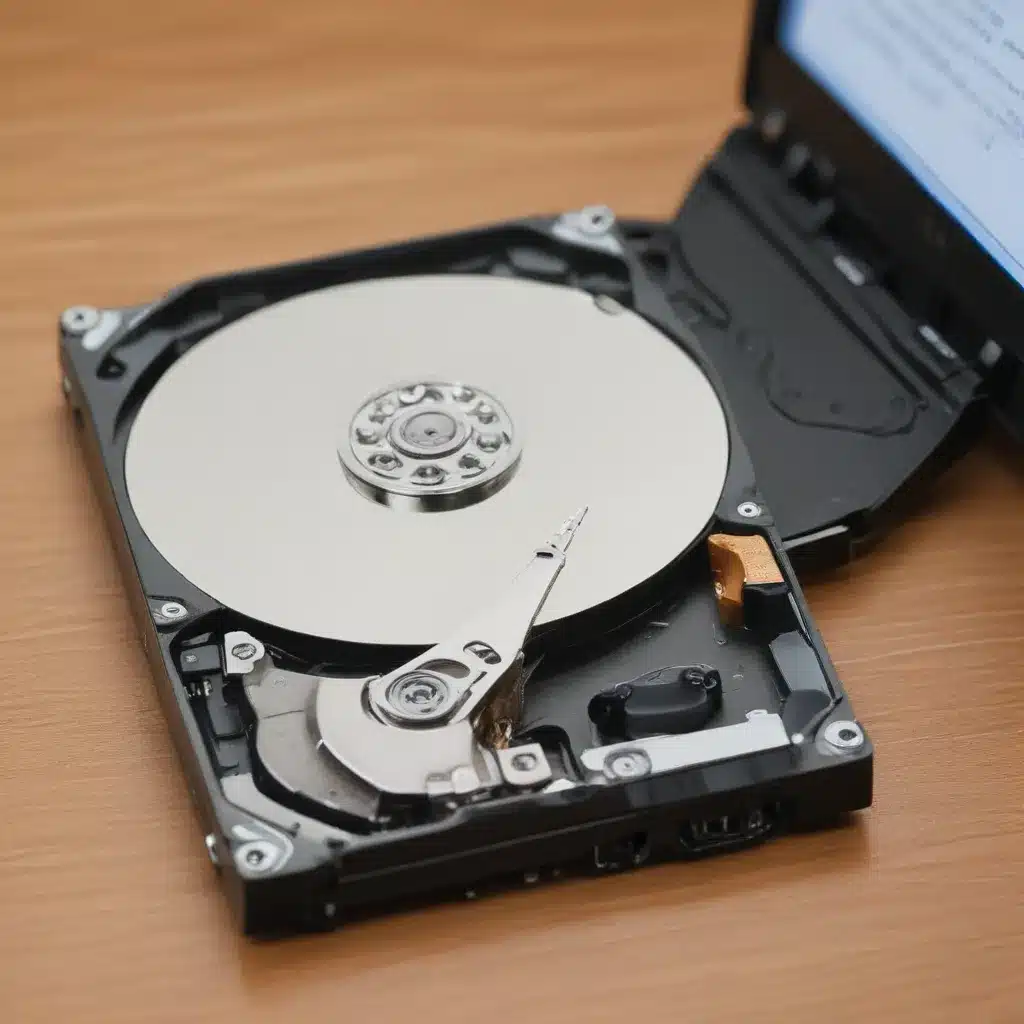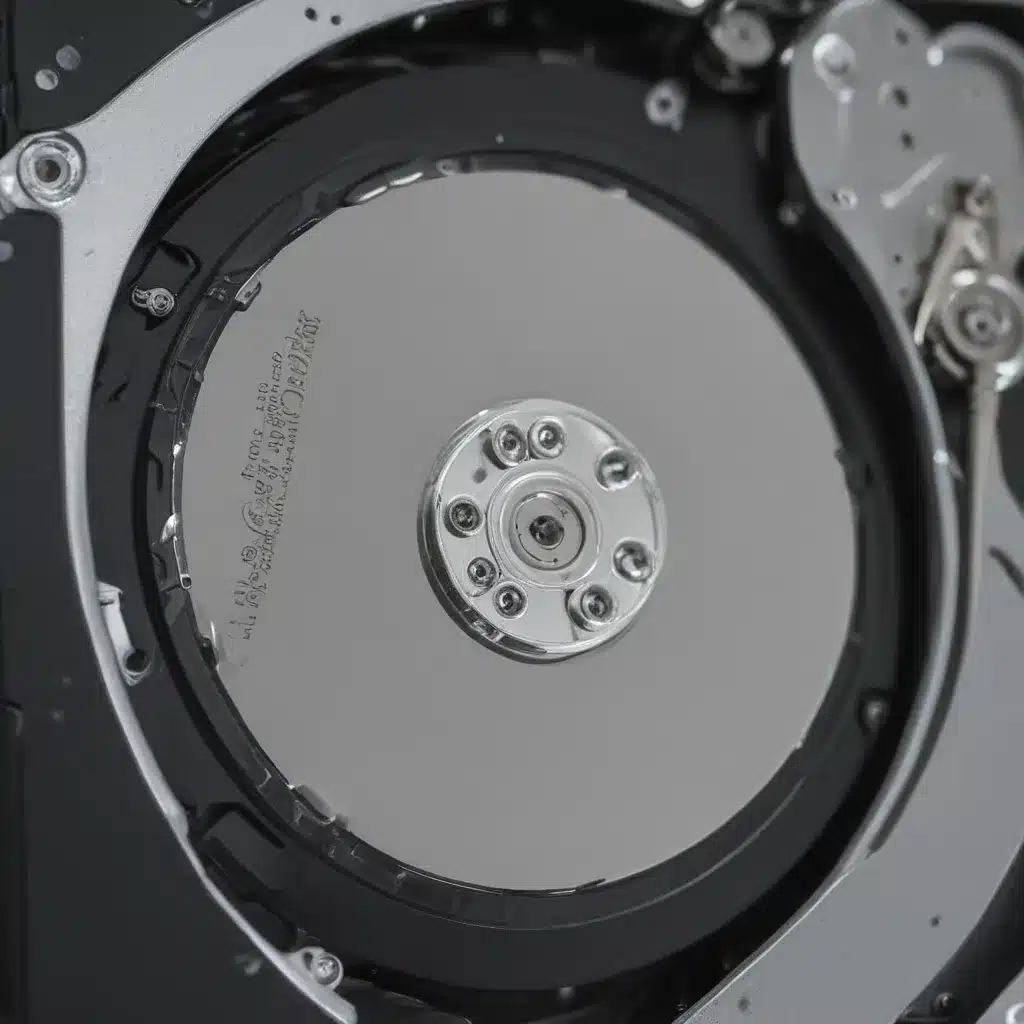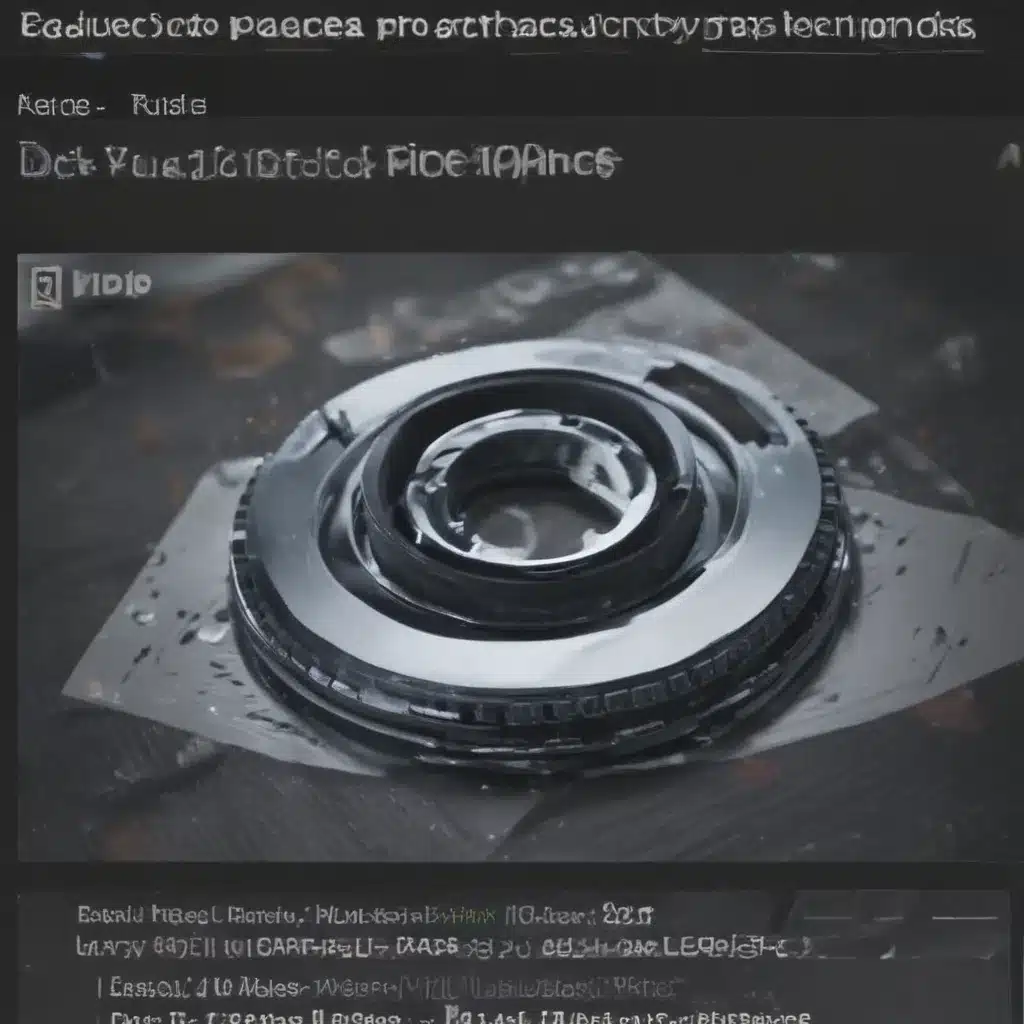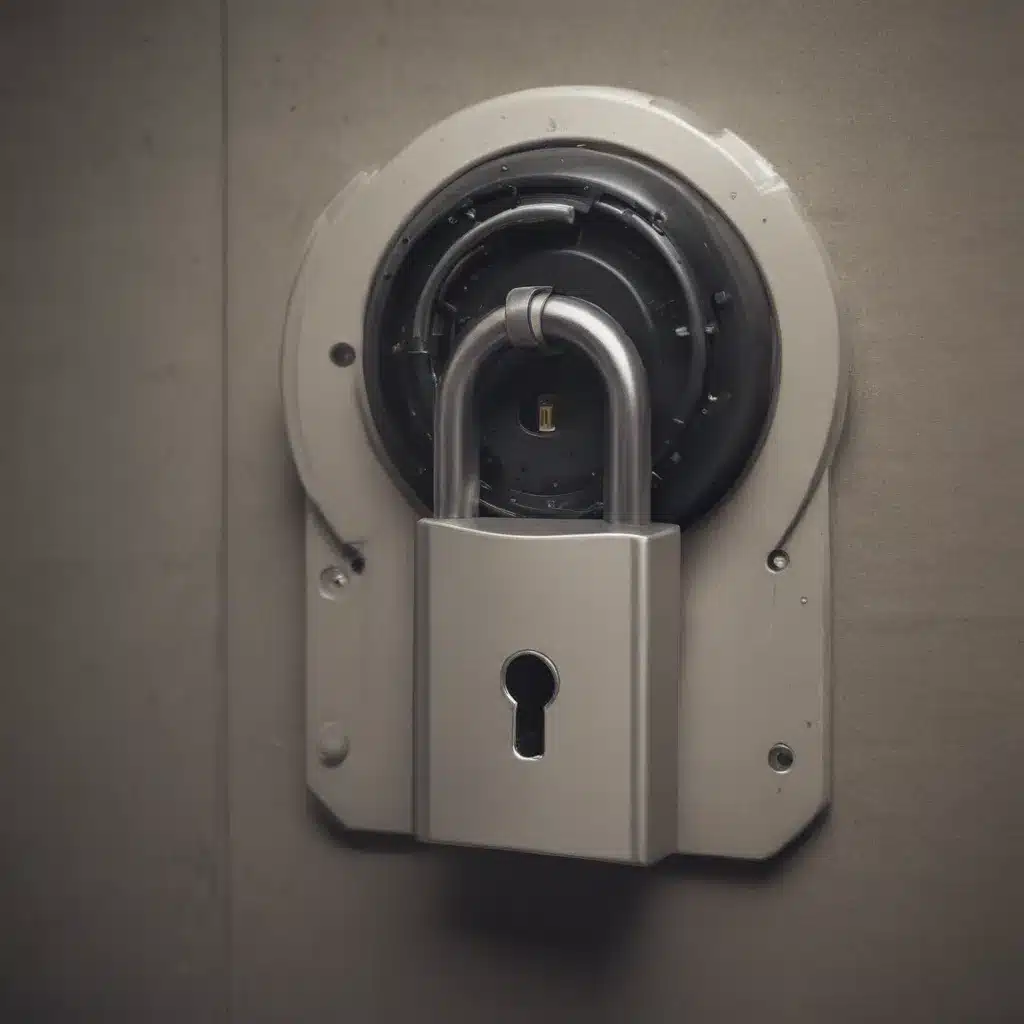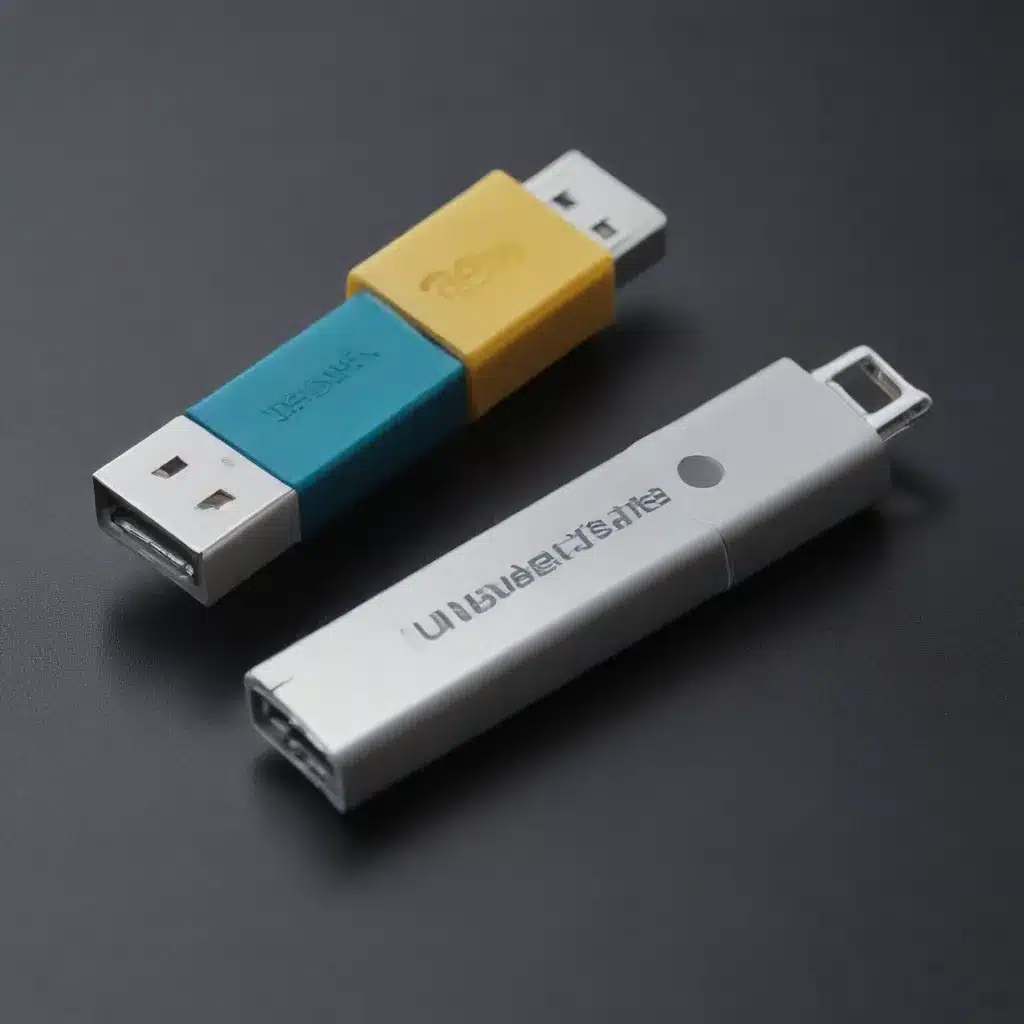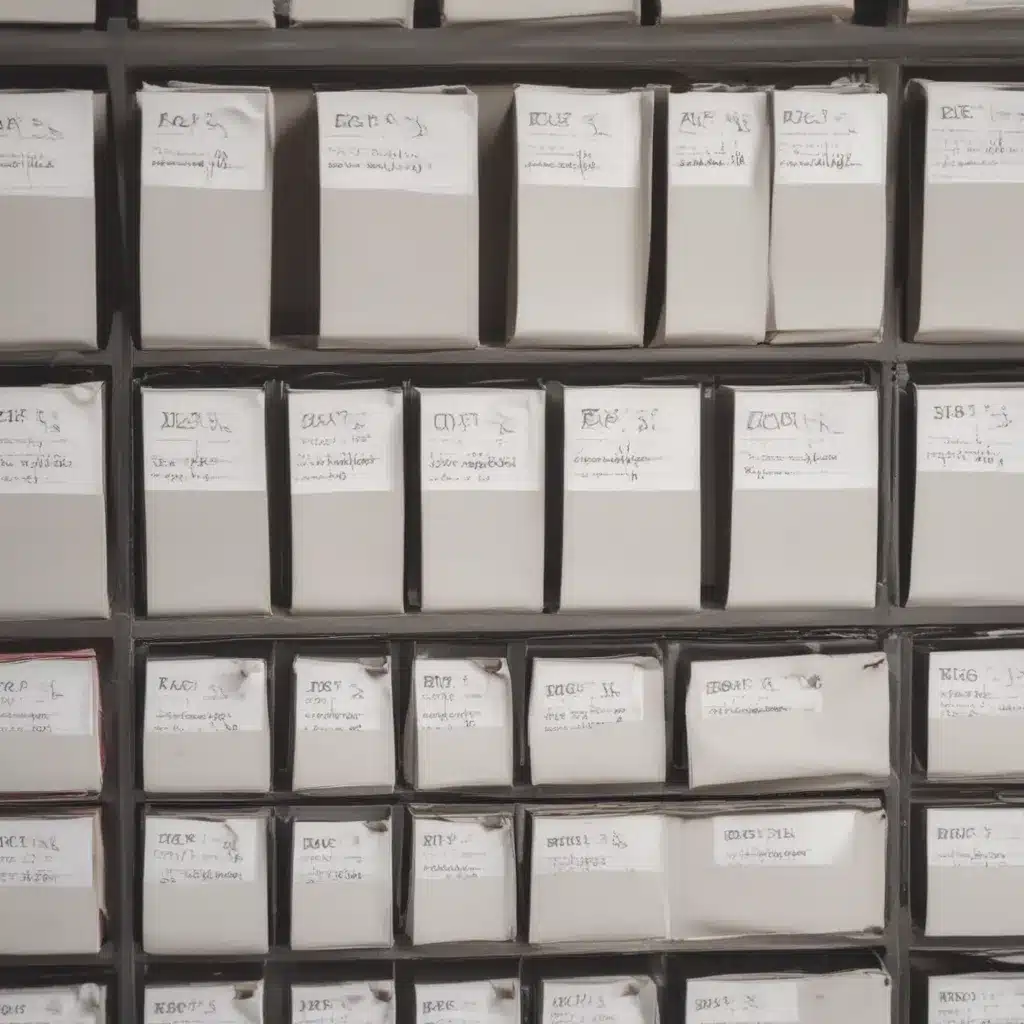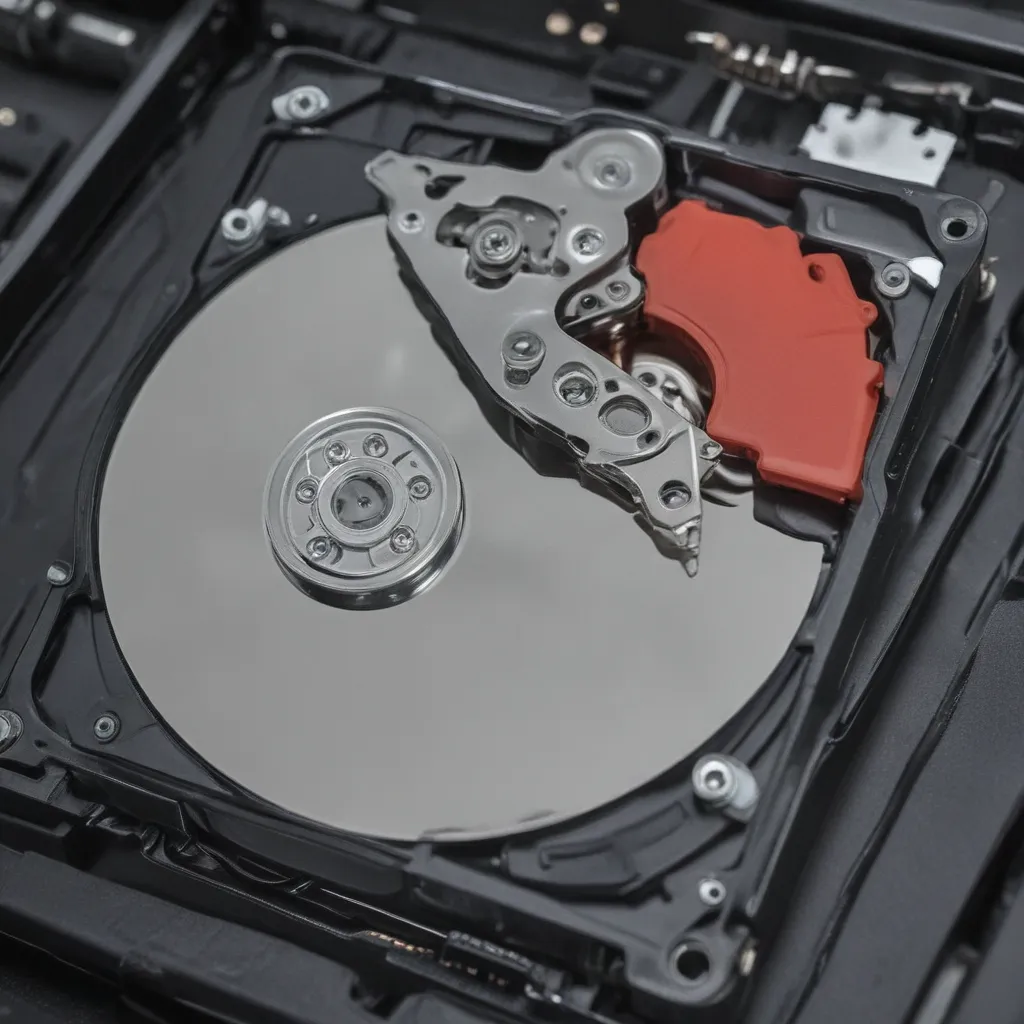Quantum computing is an exciting new field that harnesses the power of quantum mechanics to solve problems that are intractable on classical computers. Here are 10 quantum algorithms that have the potential to revolutionize everything from cryptography to machine learning.
1. Shor’s Algorithm for Factoring
Shor’s algorithm is perhaps the most well-known quantum algorithm. Published in 1994 by mathematician Peter Shor, it offers an exponential speedup over the best known classical factoring algorithms. Factoring large numbers is the basis of widely used encryption schemes like RSA. A scalable quantum computer running Shor’s algorithm could break RSA encryption in a matter of hours or days, posing a major challenge to cybersecurity.
2. Grover’s Algorithm for Searching
Grover’s algorithm offers a quadratic speedup for searching unsorted databases. Classically, searching an unstructured database with N entries requires approximately N operations. Using Grover’s algorithm, this can be reduced to just √N operations. This could have major implications for optimizing systems and discovering new solutions across scientific domains.
3. Quantum Simulation
Quantum simulation refers to using controllable quantum systems to simulate other quantum systems. This allows properties of materials, chemicals, and physical processes to be studied without requiring a physical laboratory. Potential applications include discovering new medicines and developing room temperature superconductors. Leaders in this field include Google, IBM, and Rigetti.
4. Quantum Machine Learning
Quantum machine learning (QML) brings together quantum computing and classical machine learning. QML aims to use quantum resources like superposition and entanglement to speed up machine learning tasks like clustering, classification, and regression. With exponential speedups possible, QML could revolutionize big data analytics and AI.
5. Quantum Sensing
Quantum sensors utilize quantum effects like entanglement and superposition to obtain unprecedented sensitivity and precision. They can detect minute changes in electromagnetism, temperature, rotation, and other phenomena. This enables applications like detecting underground oil deposits, constructing high-resolution MRI scans, and even studying gravitational anomalies to test theories like general relativity.
6. Quantum Cryptography
Quantum cryptography allows for virtually unbreakable encryption through methods like quantum key distribution. This enables two parties to share encryption keys that are guaranteed to be secure due to the fundamental properties of quantum mechanics. With quantum networks, uncrackable encryption could become widespread. China already has a 2,000km quantum network.
7. Quantum Error Correction
A major challenge facing quantum computing is decoherence – when quantum superpositions collapse into classical states due to interference. Quantum error correction introduces redundancy to combat this using multiple qubits to encode a single logical qubit. This field must mature before fault-tolerant, scalable quantum computers can be built. Leaders include Google, IBM, and Rigetti.
8. Quantum Annealing
Quantum annealing is a metaheuristic for finding global minima that uses quantum effects to avoid getting stuck in local minima. It is currently used in some D-Wave quantum computers to solve discrete optimization problems with applications in logistics, scheduling, protein folding, and more. Quantum annealing may offer polynomial or exponential speedups over classical algorithms.
9. Quantum Teleportation
Quantum teleportation is a technique for transmitting quantum information between two entangled particles instantaneously. This could enable revolutionary quantum communication networks for unhackable messaging and blind quantum computing, where data is processed on remote quantum servers without revealing the inputs.
10. Quantum Money
Quantum money utilizes quantum properties like entanglement to create virtual currency with uncounterfeitable banknotes. The banknotes are physically impossible to duplicate without destroying the entanglement. This could enable new digital payment systems with built-in fraud detection and fundamentally disrupt existing financial systems.
The field of quantum algorithms is rapidly evolving. As quantum computers scale up over the coming decades, these algorithms have the potential to revolutionize everything from cryptography to material science and beyond. We are truly entering a new era of computing.

